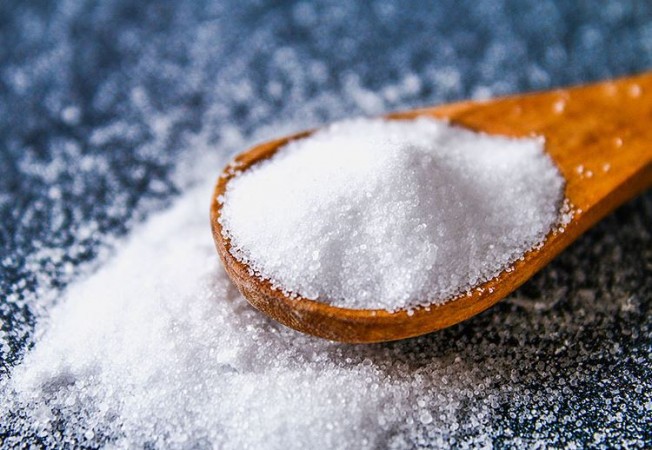
Is it true that separating salt from our diet is impossible? Recently, the World Health Organization (WHO) acknowledged that salt, a common ingredient in almost every meal, is playing the role of a global killer. According to reports, WHO has revealed that excessive salt consumption leads to nearly 1.89 million deaths annually. The organization attributes this habit to the development of high blood pressure, ultimately resulting in various heart-related issues.
Experts emphasize that sodium, a component of salt, contributes to an increase in blood pressure levels, raising the risk of heart attacks and other cardiovascular diseases. Despite WHO recommending a daily salt intake of only 5 grams, people tend to exceed this limit, indulging in habits that lead to an intake much higher than necessary.
In this article, we explore the dangerous consequences of excessive salt consumption and ways to mitigate its impact, as advised by experts.
Excessive Salt Consumption and Global Health:
The WHO's recent revelations have highlighted the dire consequences of excessive salt consumption worldwide. Shockingly, around 1.89 million people lose their lives annually due to the adverse effects of elevated sodium intake. This revelation underscores the urgency of addressing this silent killer that is stealthily making its mark on global health.
Expert Insights on Salt and Blood Pressure:
One of the primary concerns associated with excessive salt intake is its direct impact on blood pressure. Experts warn that the sodium content in salt can lead to a rise in blood pressure levels, subsequently increasing the risk of cardiovascular diseases, including heart attacks and strokes. Understanding the intricacies of this relationship is crucial for individuals striving to make informed decisions about their dietary habits.
WHO's Recommended Daily Salt Intake:
In an effort to curb the rising health risks associated with excessive salt consumption, the WHO recommends a daily salt intake of only 5 grams. Despite this guideline, individuals consistently surpass this limit, often unaware of the potential harm they are causing to their cardiovascular health. Delving into the specifics of the WHO's recommendations provides clarity on the standards set for a healthy salt intake.
Unveiling Unhealthy Habits:
The habit of adding salt during cooking is not the sole contributor to excessive sodium intake. Processed foods, fast food, and snacks such as chips play a significant role in elevating salt consumption levels. The article explores how individuals, knowingly or unknowingly, fall victim to these unhealthy dietary habits, contributing to the silent but pervasive epidemic of excessive salt intake.
Processed Foods and Sodium Levels:
A key element in understanding the prevalence of excessive salt consumption is examining the sodium content in processed foods. Ready-made and frozen meals, often chosen for their convenience, can contain alarming amounts of sodium. A detailed analysis of popular processed foods reveals how sodium levels can vary and the impact these choices have on overall health.
Curbing Salt Intake Through Dietary Choices:
To address the issue of excessive salt intake, experts advocate for a shift in dietary choices. Choosing freshly prepared meals over processed options allows individuals to have more control over the amount of salt added during cooking. The article explores the practical aspects of making healthier food choices and the impact these decisions can have on reducing sodium intake.
Embracing Natural Flavors and Alternatives:
An essential aspect of curbing excessive salt intake involves finding alternatives to enhance the flavor of meals without relying solely on salt. Herbs, spices, and other natural flavor enhancers become crucial in this context. The article details the benefits of incorporating garlic, onions, lemon, and various herbs into daily cooking, providing practical insights into embracing these alternatives.
In conclusion, the silent killer that is excessive salt consumption demands our attention and proactive measures to mitigate its impact. By understanding the intricacies of its relationship with blood pressure, acknowledging the WHO's recommended daily intake, unveiling unhealthy habits, and exploring practical ways to curb salt intake, individuals can take control of their cardiovascular health. The article emphasizes the importance of making informed choices, embracing natural flavors, and collectively addressing the global health implications of this widespread yet often underestimated issue.
Eating avocado will provide many health benefits
Follow this hair care routine for long and thick hair
Drink jaggery tea instead of sugar in winter, make tea like this and it will never burst